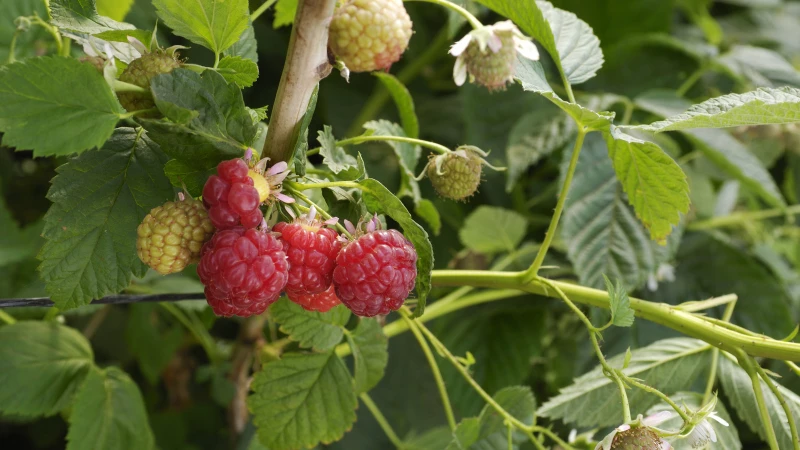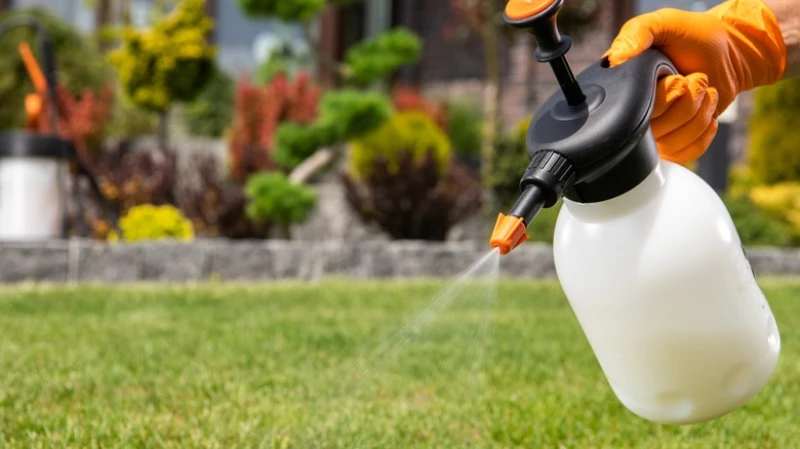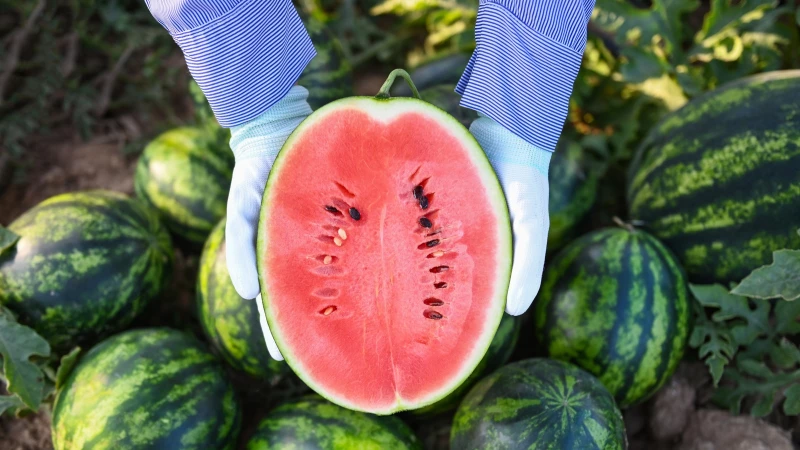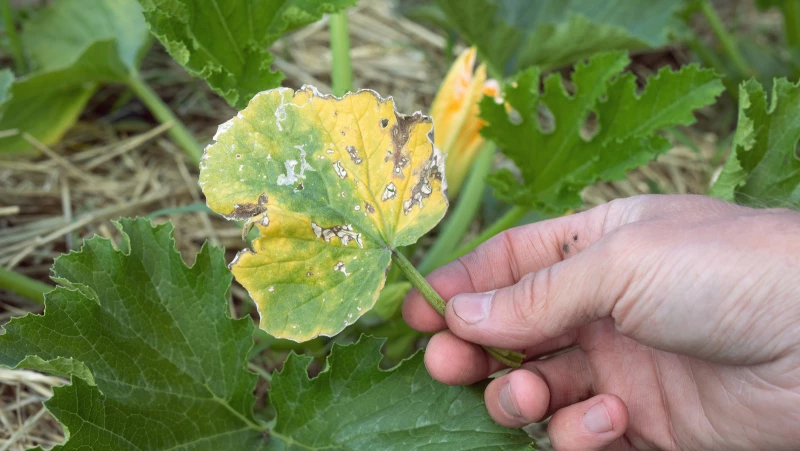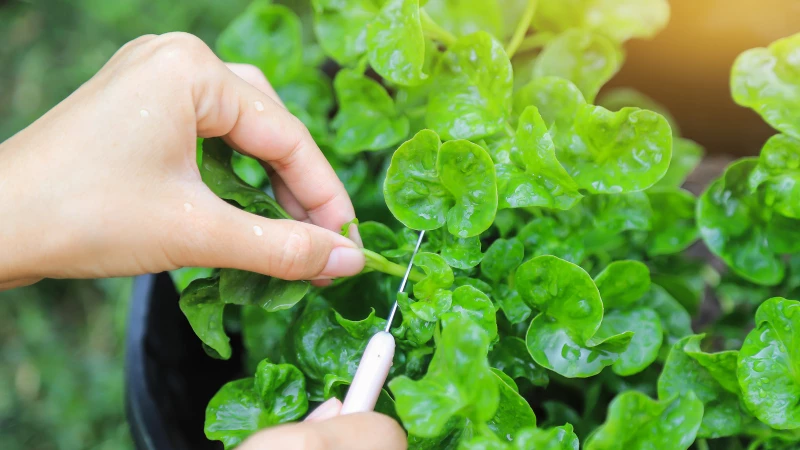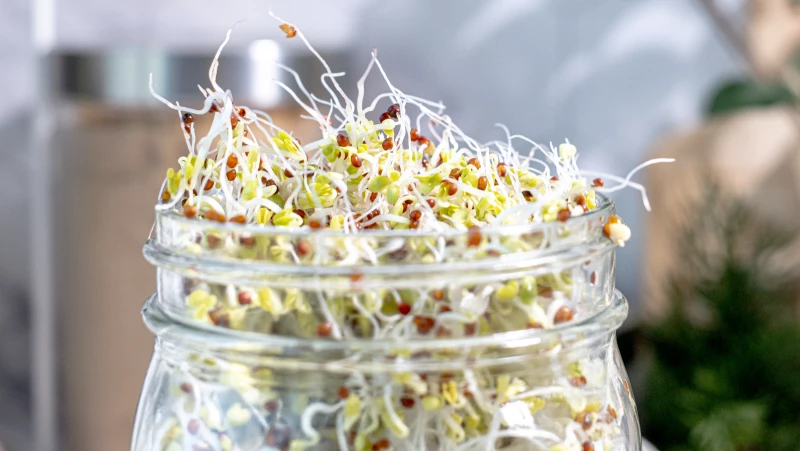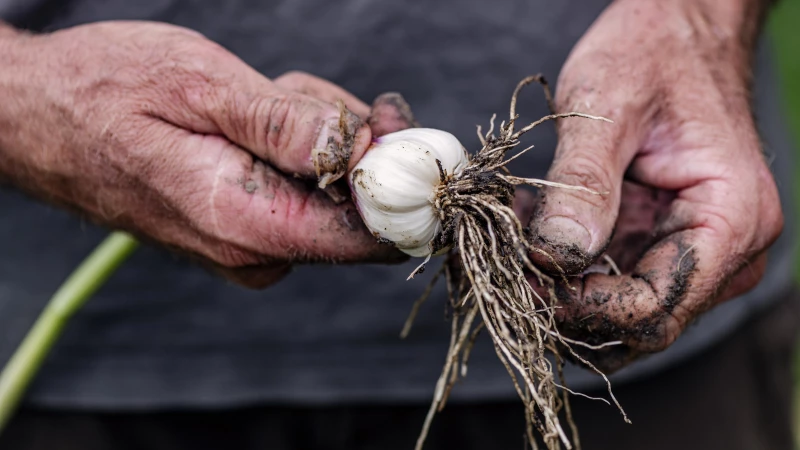Soggy soil
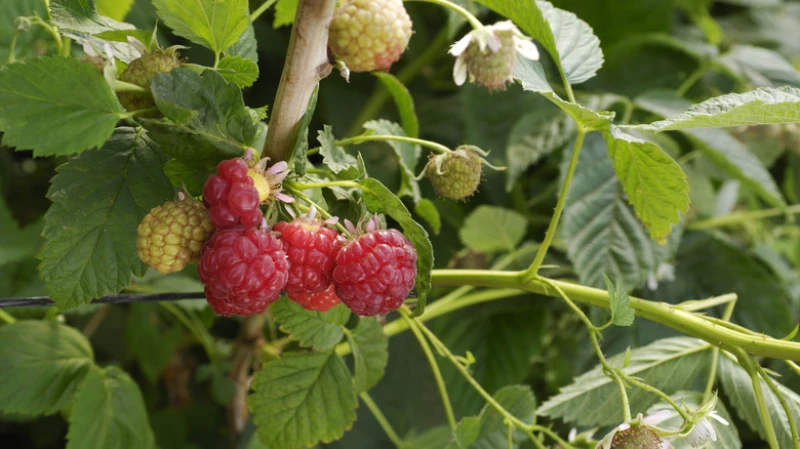
Plucking a ripe raspberry off the bush and enjoying its sun-warmed freshness is one of life's simple joys. However, watching your raspberry bushes slowly die can be a disappointing experience. There are a few factors that can lead to the demise of these otherwise hardy plants. One of the biggest mistakes is placing raspberries in the wrong soil conditions. Soggy soil can cause root rot and ultimately kill the plants.
Raspberry plants have the potential to live up to 15 years if they are given the right environmental conditions and proper maintenance. They are able to reproduce from their roots, allowing them to continue growing even after the parent plant has reached the end of its lifespan. By avoiding common yet fatal mistakes, such as planting in soggy soil, you can enjoy a lifetime of raspberries.
Herbicide Drift
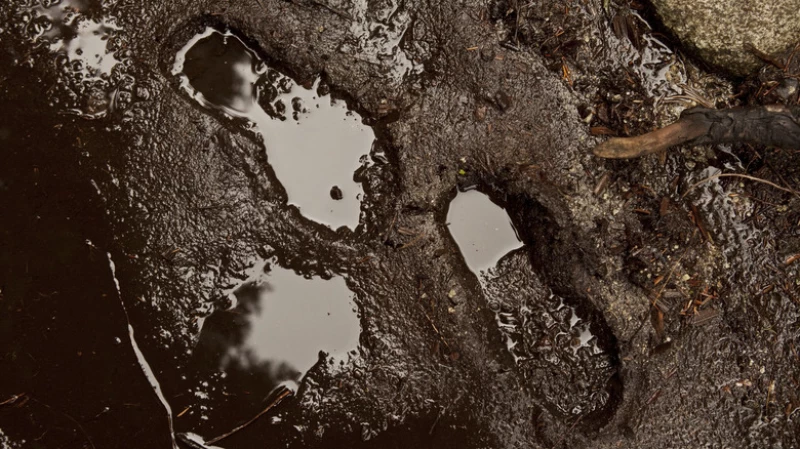
Raspberry plants are drought tolerant; once they are established, they won't adjust to soggy soil. The varieties we grow in our home gardens are cultivated from wild cultivars, which are only watered when Mother Nature decides to provide rain. This aspect of raspberries makes them easy to grow in areas that are difficult to irrigate, but make sure those areas do not hold water. Excessively wet soils lead to root rot, which will kill plants quickly.
Clay soils in low-lying areas tend to accumulate and retain moisture. If you live in an area with this kind of dense soil, you have a few options. You can amend the area you want to plant with organic matter to help water flow through, or you can mound up the soil to keep the roots above ground level. If you are not sure if your soil retains excess water, dig a hole about 6 inches deep before a heavy rain. The hole will fill up, but if it has not drained in a day or so, that spot is not ideal for plants that do not tolerate soggy soils.
Herbicide drift occurs when a spray herbicide is used by you or your neighbor to eliminate weeds from the yard. Even the slightest breeze during the application of the herbicide can cause it to blow onto the leaves of desired plants. If you do not use spray herbicide in your yard, it can be confusing to see damage on your plants. The damage from herbicide drift is characterized by suddenly curled or stunted leaves. These leaves often take on a cup shape as the damaged edges shrink inward. Accidental contact with herbicides can unintentionally kill your raspberry plants, as they are designed to kill plants.
To prevent herbicide damage when treating your lawn, only apply spray-on options when there is no wind, not even the slightest breeze. If you need to get rid of brush or small trees, you can use a paint roller or a similar applicator to directly apply herbicide to the stumps. Dealing with herbicide drift from a neighbor can be more challenging. You can ask them not to spray when there is a breeze, but if that doesn't work, you may need to build a solid barrier between their space and yours.
Other mistakes
Some gardening mistakes can quickly kill your plants, while others may slowly weaken your raspberry plants over time. Raspberry plants require full sun, so planting them in a shady spot will prevent them from getting the necessary sunlight to thrive and produce fruit. A weak plant is more susceptible to diseases and pest issues, which can gradually kill the plant.
Over-watering your raspberry plants can lead to root rot, similar to how planting them in a soggy spot in your garden can have the same effect. Unless you are experiencing extreme drought conditions, there is generally no need to water established raspberry plants. These plants have deep roots that can extract water and nutrients from well below the surface of the ground. The deep roots also mean that extra fertilization is usually not necessary. When planting your raspberries, adding some compost to the soil and applying another layer each spring will provide the necessary nutrients for your plants to continue producing delicious fruits every year.

